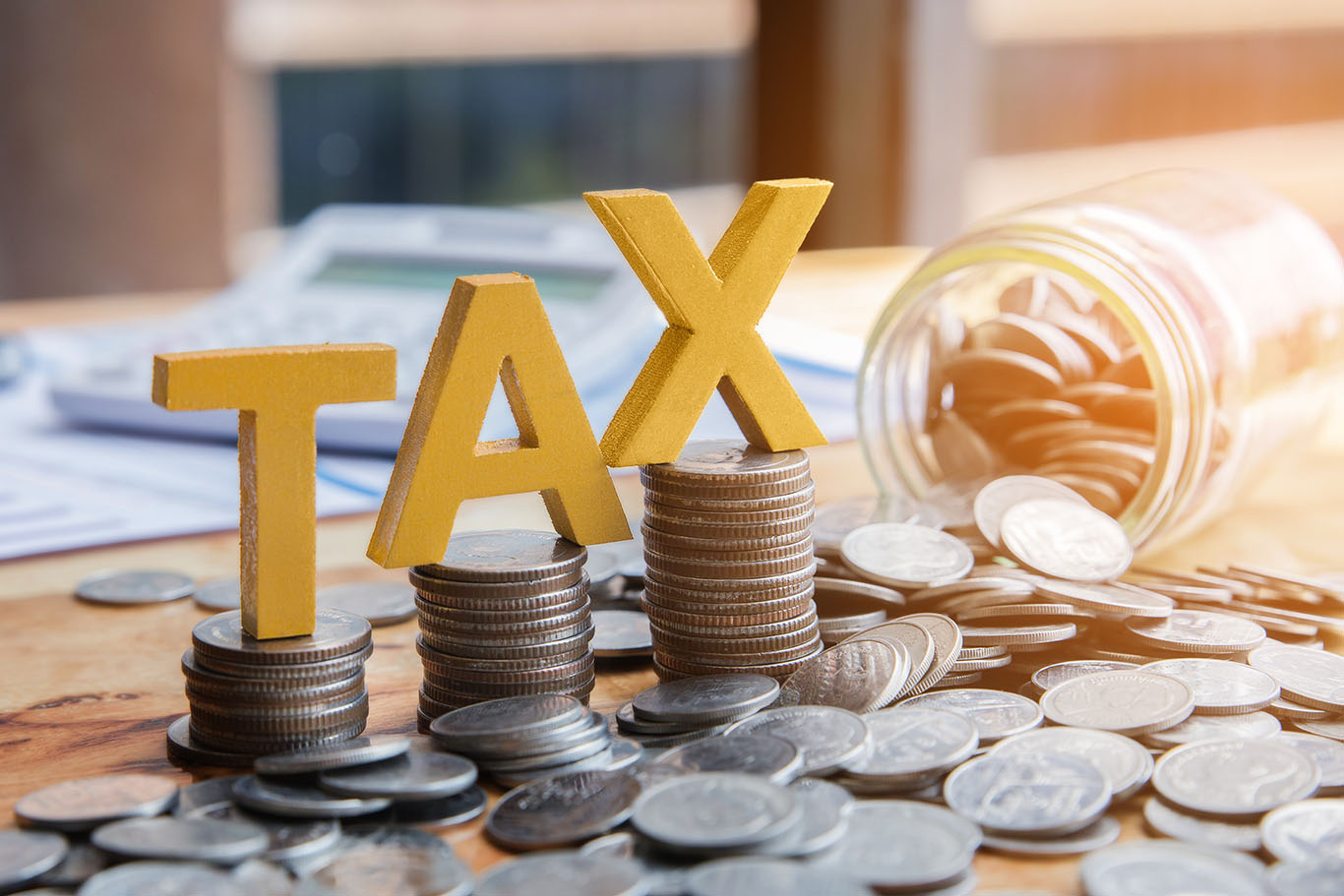NEW TAX YEAR CHECKLIST
05
APRIL, 2022
Tax Planning
The beginning of a new tax year presents plenty of opportunities to take control of your finances. There are many tax breaks and reliefs available. In most cases, if you don’t use them, you lose them..
By using tax rules wisely, you can help offset the impact of higher national insurance contributions and for some, heftier income tax bills with thresholds left unchanged.
Here’s our new tax year checklist to ensure you’re maximising tax perks.
1. USE YOUR ISA ALLOWANCE
You can shelter £20,000 in an ISA where it’s exempt from income tax and capital gains tax. This allowance is renewed every April. By taking full advantage you could potentially grow a savings pot worth hundreds of thousands of pounds over time.
2. SHELTER DIVIDEND-PAYING INVESTMENTS
You can move dividend-paying shares into an ISA to avoid big tax bills. Each of us can receive up to £2,000 in dividends tax-free. After that you’ll pay 8.75% for basic rate, 33.75% for higher rate and 39.35% for additional-rate taxpayers. If shares are moved into an ISA – quirkily named actioning a ‘bed and ISA’, no tax is charged.

3. SAVE FOR YOUR CHILDREN
Saving early for your children in a cash account for the longer term doesn’t make sense because inflation will erode the value of the money. Consider a Junior ISA for tax-free investing, where you can shelter £9,000 each tax year until they reach 18.
You could even start a pension for them. Tax rules allow up to £2,880 to be placed in a pension (a Junior SIPP) for under 18s each tax year. HMRC adds £720, totalling £3,600. A Junior SIPP allowance comes in addition to a Junior ISA allowance.
4. MAXIMISE PENSION PERKS
Paying into a pension is extremely tax-efficient as you get tax relief on contributions. Taxpayers get 20% paid by HM Revenue & Customs to their pension and if you pay income tax at a higher or additional rate you can claim relief on your self assessment tax return at either 40% or 45%. There’s an annual limit of £40,000 for all workers – though you can’t pay in more than you earn. Pensions offer the unique benefit of being able to backdate unused allowances up to three years.
Plus, money invested in your pension grows free of capital gains tax and income tax, which will enable your savings to grow much faster.
If you’re already paying into a work scheme you could increase contributions or top up in a personal pension – perhaps a self-invested personal pension (SIPP).
If you’re self-employed you’ll need to make your own pension arrangements. Paying into a pension
will also save on your self-assessment tax bill as a higher rate taxpayer.
“Money invested in your pension grows free of capital gains tax and income tax, which will enable your savings to grow much faster.”
5. CONSIDER HIGHER RISK INVESTMENTS FOR MORE TAX PERKS
Venture Capital Trusts (VCTs) offer upfront tax benefits with 30 per cent tax relief. You can invest up to £200,000 into a VCT each year and get up to £60,000 back in tax, although you cannot claim back more tax than you owe. To qualify for the tax break you must hold the investment for at least five years.
You might also explore Enterprise Investment Schemes (EIS) which allow you to back small start-ups either a single company or a fund that holds a cluster of firms in one pooled investment. There is income tax relief at 30 per cent and returns are free of capital gains tax if held for three years. It’s even possible to defer CGT should there be any due.
EIS investments offer a “carry back” facility where you can elect for all or part of your EIS shares acquired in one tax year to be treated as though they had been acquired in the previous tax year. Investing in small companies is high risk, but the tax rules allow you to apply for loss relief if an EIS fails. The maximum amount you can invest is a generous £1 million per tax year or £2 million, providing anything above £1 million is in “knowledge intensive” investments – in other words are carrying out research, development or innovation in a particular sector.
VCTs and EISs should be regarded as higher risk investments. They are only suitable for UK resident taxpayers who can tolerate higher risk and are viewed as a long term investment. You may not get back the amount originally invested


6. ESTATE PLANNING
The Inheritance Tax (IHT) nil-rate band has been frozen at £325,000 since 2009/10, which means that it has been increasing in real terms over time. Worse still, it’s been frozen at this level until 2026. Make sure you utilise tax allowances for passing on wealth to reduce the value of your estate if you need to. This includes the annual exemption which allows you to give away up to £3,000 each tax year and it’s exempt from inheritance tax. You can also give £250 to any number of people every year, but you cannot combine it with your annual £3,000 exemption. You can give away all types of assets, as well as cash, including property and shares tax-free, as long as you live for seven years after making the gift.
Taking advice on all elements of tax planning is crucial to ensure you get it right – and don’t end up
triggering unknown tax bills
HM Revenue and Customs practice and the law relating to taxation are complex and subject to individual circumstances and changes which cannot be foreseen.
PROVIDING NEWS AND VIEWS TO SUIT ALL NEEDS
This Blog is published and provided for informational purposes only. The information in the Blog constitutes the author’s own opinions. None of the information contained in the Blog constitutes a recommendation that any particular investment strategy is suitable for any specific person.
Tavistock Partners Limited is authorised and regulated by the Financial Conduct Authority. Tavistock Partners (UK) Limited is authorised and regulated by the Financial Conduct Authority. Tavistock Private Client Limited is authorised and regulated by the Financial Conduct Authority. The Tavistock Partnership Limited is authorised and regulated by the Financial Conduct Authority. Abacus Associates Financial Services is a trading style of Tavistock Partners (UK) Limited which is authorised and regulated by the Financial Conduct Authority. Duchy Independent Financial Advisers is a trading style of Tavistock Partners Limited which is authorised and regulated by the Financial Conduct Authority, All subsidiaries are wholly owned by Tavistock Investments Plc.

